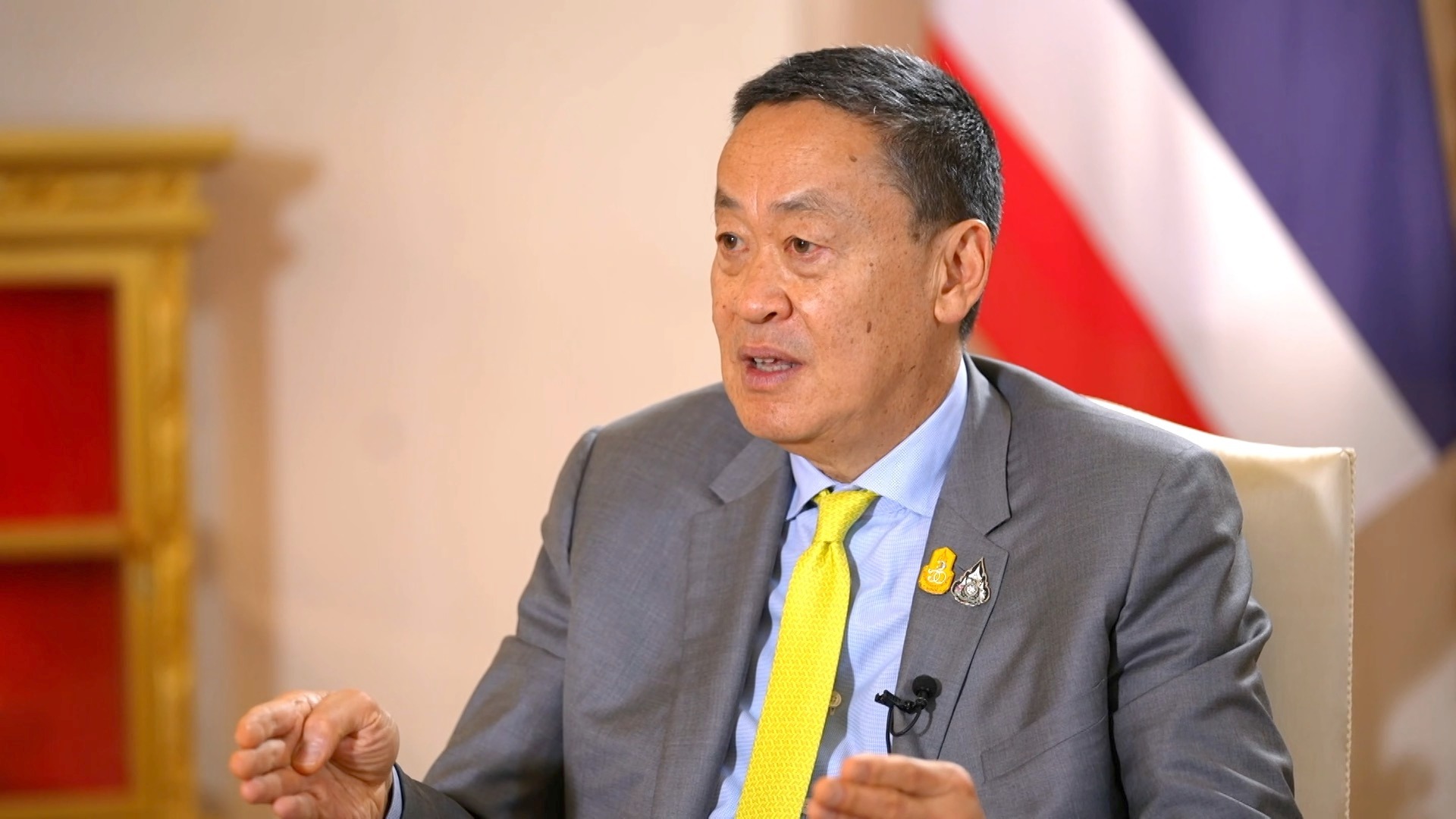
Thai politics is anticipating a transformation following the court’s dismissal of Prime Minister Srettha Thavisin
Prime Minister Srettha Thavisin was dismissed by Thailand’s Constitutional Court on Wednesday. The court ruled that he “grossly” violated ethics by appointing a minister who had previously been imprisoned. This decision has raised the possibility of political instability and a transformation in the governing alliance.
Srettha, a real estate magnate, is the fourth premier in 16 years to be removed in verdicts by the same court, underscoring the important role that Thailand’s judiciary has played in the country’s protracted political crisis.
The resignation of Srettha after less than one year in office necessitates that parliament elect a new premier on Friday. This development raises the possibility of additional uncertainty in a nation that has been plagued by coups and court rulings that have resulted in the downfall of numerous governments and political parties.
The Pheu Thai Party, the largest party in the coalition, promptly moved to fortify its alliance. It announced that it would convene early on Thursday to select its candidate for prime minister in advance of a special session of parliament to elect a new premier.
Pheu Thai and its predecessors have been the primary victims of Thailand’s instability, as two administrations were overthrown by coups in a protracted feud between the billionaire Shinawatra family, the party’s founders, and their influential adversaries in the conservative establishment and royalist military.
According to the justices, Srettha did not fulfill his obligations with integrity, and as a result, he was dismissed 5-4.
The judges declared that the accused’s conduct “grossly violated ethical standards” and that he was subsequently terminated as prime minister.
The court’s decision was the second surprise in a week, following its dissolution of the opposition Move Forward Party, the 2023 election victor, over a campaign to modify a law against insulting the sovereign. The court argued that the move threatened the constitutional monarchy.
Moving Forward has already reorganized as a new political party, with the intention of advancing its anti-establishment stance.
Both rulings were issued during a challenging period for an economy that Srettha was unable to revitalize. The economy was plagued by lackluster exports and consumer spending, as well as a soaring household debt and over a million businesses that were unable to apply for loans.
It is disconcerting. Srettha’s 500 billion baht ($14.3 billion) cash distribution plan may be stalled, as Trinity Securities analyst Nuttachart Mekmasin outlined. “It is a direct risk to the economy.”
“Consumer and business confidence will be affected,” according to him. “Spending and investment will slow down until the next government is formed.”
In 2024, the government’s growth estimation was only 2.7%, which was lower than that of its regional counterparts. Additionally, the Thai stock market has been one of the worst performers in Asia this year. In the aftermath of the ruling, it experienced a 1.29% decline before rebounding to close at a 0.4% loss.
EXPLICIT TRUETH
Srettha conveyed feelings of disappointment and suggested that the subsequent government could modify his policy agenda.
Srettha told reporters, “I am disheartened to depart as a prime minister who was discovered to be unethical.” “I performed my duties with integrity and honesty.”
The ruling has the potential to disrupt a fragile armistice between political heavyweight Thaksin Shinawatra and his adversaries in the conservative elite and military old guard. This truce was instrumental in the tycoon’s return from 15 years of self-exile in 2023 and his ascension to the position of premier on the same day that Srettha was appointed.
The appointment of Thaksin’s former counsel, Pichit Chuenban, to the cabinet was the catalyst for Srettha’s downfall. Chuenban was briefly imprisoned for contempt of court in 2008 for an alleged attempt to bribe court staff, a charge that was never proved.
40 former senators who were appointed by the military following a 2014 coup against Pheu Thai’s previous government filed the complaint. The position of interim premier is assumed by Phumtham Wechayachai, the deputy of Srettha.
The United States declared its staunch dedication to its alliance with Thailand.
A State Department spokesperson stated, “The United States anticipates a seamless transition of power and the prompt appointment of a new prime minister.”
Some political analysts believe that Pheu Thai has the authority to serve as the next president; however, the identity of the individual in command was unpredictable.
Anutin Charnvirakul, the leader of the Bhumjaithai Party, the second-largest partner in the alliance, has stated that the coalition is still tightly knit and that Pheu Thai should be responsible for forming a new government.
“Pheu Thai continues to serve as the government’s leader.” According to Anutin, who is currently serving as the interim deputy premier, it is imperative that we heed to Pheu Thai.
A dealmaker who has long interacted with both sides of Thailand’s political spectrum, Anutin is eligible for the position of prime minister as one of several politicians who were designated as prime ministerial candidates by their respective parties prior to the most recent election.
The party has the option of nominating two candidates: former Justice Minister and party stalwart Chaikasem Nitisiri and the party’s inexperienced leader Paetongtarn Shinawatra, Thaksin’s 37-year-old daughter.
Additional prospective candidates include Prawit Wongsuwan, a former army chief and staunch royalist who was involved in two coups, and acting Energy Minister Pirapan Salirathavibhaga.
All Categories
Recent Posts
Tags
+13162306000
zoneyetu@yahoo.com



